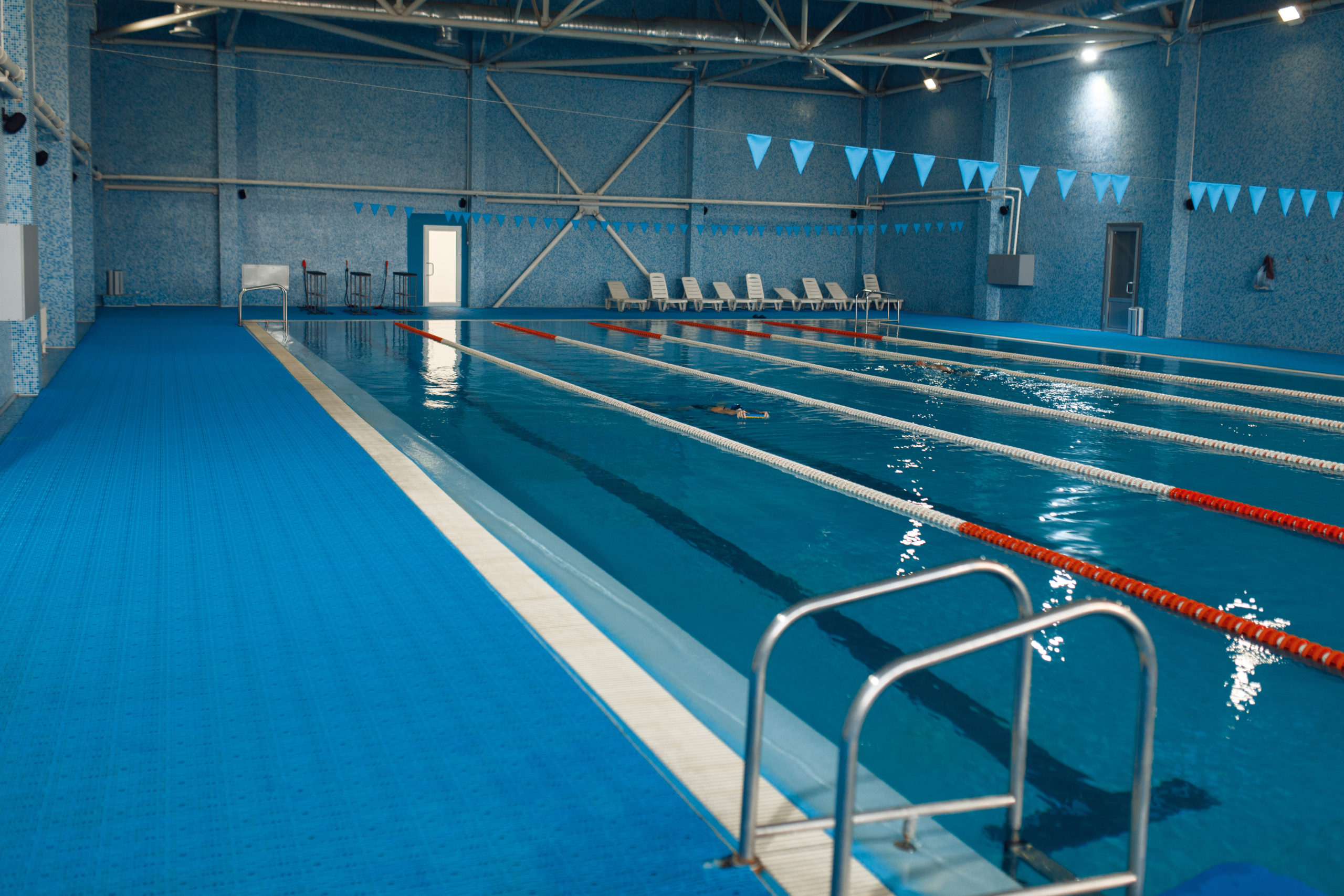
Since 2015, there have been at least 208 illness outbreaks associated with public pools, hot tubs, and water playgrounds according to the CDC. That’s at least 3,646 cases of illness and 13 deaths each year. Among these outbreaks, Legionnaires’ Disease is especially prominent. According to the Marion County Public Health Department, the number is in actuality, difficult to measure, as it’s believed most cases go unreported. The Public Health Department inspects more than 900 private and public pools each year. In fact, according to Michael Furnas, a pool specialist who tests pH levels and disinfectant concentration, estimates that…
